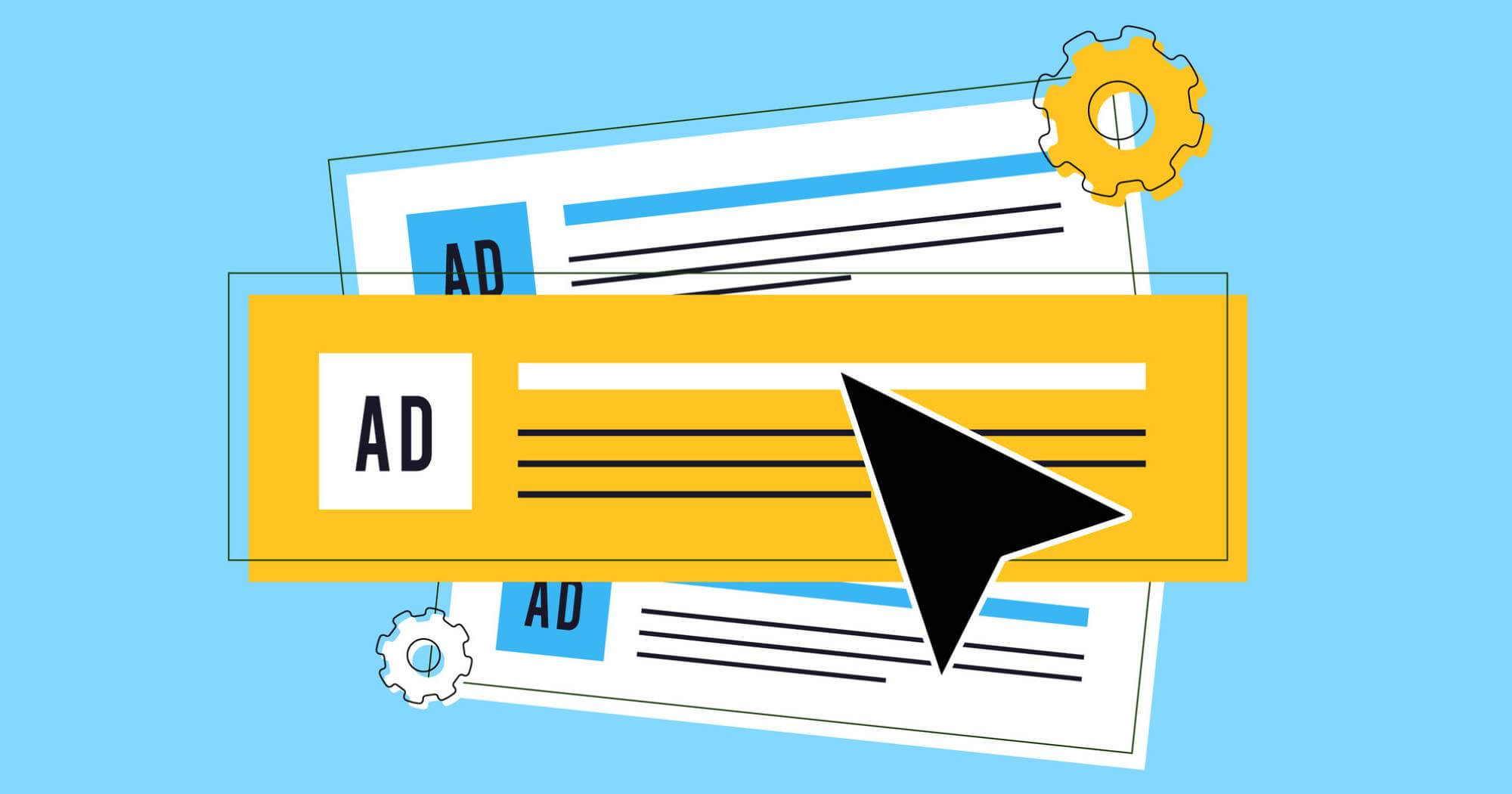Keyword blocking is a practice used by many brands who want to control their image online and not worry about being associated with negative content. However, overusing this tactic can potentially prevent hefty ad revenue. That’s why understanding the advantages and disadvantages of this strategy is crucial for success.
In this blog, we’ll delve into the pros and cons of blocking keywords, helping you make informed decisions on how to best utilise this tactic for your business. First, let’s take a look at what keyword blocking is in more detail.
What is keyword blocking?
Keyword blocking is a digital marketing tactic used to stop ads appearing on certain online platforms or next to certain pieces of content, such as new articles. This practice is mainly used when brands want to control where their ads appear, or if they are concerned about their reputation being tied to negative, irrelevant, or sensitive content.
For example, advertisers are unlikely to want to associate their products or services with negative stories or tragic events. Naturally, this practice is useful in preventing negative connections from forming with a brand and ensuring ad placements align with the company’s values.
However, taking a heavy-handed approach to keyword blocking can often limit the reach of ads and potentially hinder campaign performance by restricting visibility. Overly restrictive practices can harm news outlets, advertisers, and brands alike and should be monitored wherever possible.
What are the advantages of keyword blocking?
When it comes to managing ad placement, keyword blocking is a powerful tactic that offers several benefits as we outline below.
Protects brand reputation
One of the main benefits of blocking keywords is ensuring your ads don’t appear alongside inappropriate, controversial, or damaging content. When you block keywords that may be negatively associated with your ads, you can avoid the potential harmful connection and protect your brand reputation.
Enhances ad relevance
Blocking irrelevant keywords ensures your ads are displayed in the right context and reaches audiences more likely to engage with them. This can improve the overall effectiveness of your campaigns by reducing wasted impressions on irrelevant users.
Reduces wasted ad spend
With keyword blocking, your ads may appear on low-quality or unrelated websites and this can lead to wasted budget. By filtering out non-converting or unsuitable content, you can ensure your ad spend is directed towards more valuable placements.
Improves user experience
Keyword blocking helps ensure users are not served ads that feel out-of-place or irrelevant based on what they are searching for. This creates a more seamless and positive user experience and reduces the risk of ad fatigue or frustration.
Helps maintain compliance
Certain industries, such as finance, healthcare, and pharmaceuticals, must adhere to strict advertising regulations. With keyword blocking, you can comply with legal requirements by preventing your ads from appearing next to non-compliant content.
Minimises association with misinformation or controversial topics
In today’s digital landscape, misinformation and controversial content can spread quickly. Keyword blocking allows you to avoid being linked to unreliable sources, safeguarding your credibility and consumer trust.
What are the disadvantages of keyword blocking?
While keyword blocking is an effective tool for protecting your brand and ad targeting, it also has potential drawbacks. Here are some potential disadvantages of overusing this tactic.
Risk of over-blocking valuable content
A broad or overly strict keyword blocking strategy can unintentionally exclude high-quality, relevant content. For example, blocking a broad keyword like “crime” to avoid negative news stories, could also mean your ad will not appear in important discussions about crime prevention or legal services.
Reduced reach and missed opportunities
When you restrict too many keywords, you may potentially limit your audience and miss out on valuable traffic. That can particularly affect industries where certain blocked keywords might have both negative and positive associations, such as “debt” in financial services.
Increased costs due to limited inventory
Again, blocking too many keywords means the available ad inventory shrinks which increases competition for safe placements. This could potentially drive up your costs-per-click (CPC) or cost-per-impression (CPM), making your campaign more expensive and less efficient.
Potential impact on campaign performance metrics
A highly restrictive keyword blocking strategy may result in lower impressions and engagement, which leads to lower click-through rates (CTR) and overall campaign performance. This could mean you might struggle to achieve your conversion goals if too much content is filtered out.
Let our paid specialists take care of your ads
Brands that want to have more control over their paid ads, keyword blocking is a popular tactic to utilise. The key to ensuring it’s successfully implemented is to devise a solid keyword blocking strategy that factors in these pros and cons.
Paid advertising is a useful and integral part of any digital marketing strategy. In particular, PPC and paid social media advertising allows you to quickly expand your reach and target new markets.
If you need expert advice on your paid advertising strategy, or to learn more about any of our other digital marketing services, get in touch with us today. Our specialists are on hand to turn your paid efforts into success.




